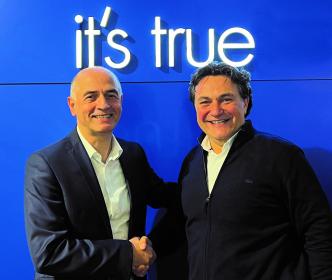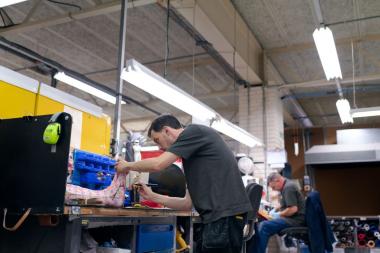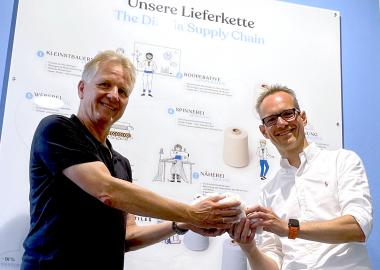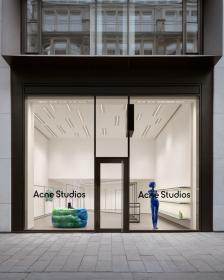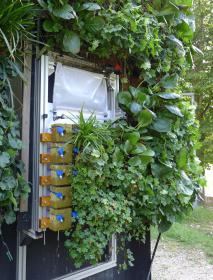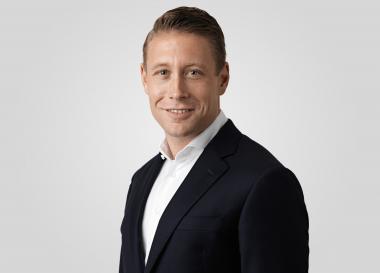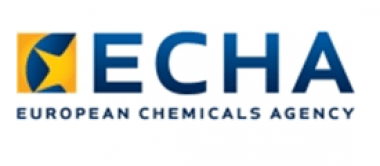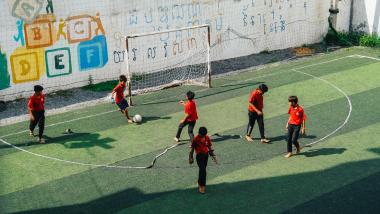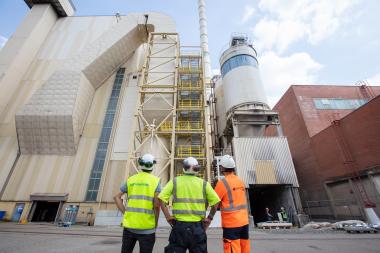Indorama Ventures: Performance Summary of 2Q23
- Revenue of US$4B, a decline of 1% QoQ and 27% YoY
- Reported EBITDA of US$321M, an increase of 7% QoQ and decrease of 68% YOY
- Operating cash flows of US$491M
- Net Operating Debt to Equity of 0.95x
- Reported EPS of THB 0.04
Indorama Ventures Public Company Limited (IVL) reported marginally improved quarterly earnings as the company’s inherent advantages and continued focus on improving competitiveness helped bolster its business amid a continued weak operating environment.
Indorama Ventures achieved Reported EBITDA of $321 million in 2Q23, an increase of 7% QoQ and a decline of 68% YoY. Sales volumes remained resilient, rising 4% QoQ, amid continued destocking in the global chemicals industry from its peak in 4Q last year. Management is taking steps to conserve cash and safeguard the company’s competitive advantages as the global industry is impacted by increased capacity and lower margins with China boosting exports to offset muted domestic demand. Measures include redoubling efforts to reduce working capital and capex targeting $500 million of cash savings this year, optimizing the company’s European manufacturing footprint, and continued focus on Project Olympus, digitalization, and organizational enhancement.
Volumes are expected to improve in the second half of the year, with all three of Indorama Ventures’ business segments benefiting from the management measures and a gradual improvement in the outlook for the industry. Combined PET, the company’s largest segment, posted Reported EBITDA of $194 million, a 37% increase QoQ as destocking eased in most markets and supported stable volumes. Sales volumes are expected to grow in the second half of the year as manufacturing is optimized in Europe and expansion projects ramp up in India.
Fibers segment achieved Reported EBITDA of $20 million, a decrease of 37% QoQ, impacted by lower margins in the Lifestyle vertical and weak demand for Hygiene products in Europe. Volumes are expected to improve as manufacturing in Europe is optimized and expansion projects come online in the U.S and India. Mobility fibers volumes will see improvement in line with increasing automotive demand. Integrated Oxides and Derivatives (IOD) segment posted a 27% decline in QoQ Reported EBITDA to $94 million amid destocking in Crop Solutions market. Volumes will continue to be supported by reducing levels of destocking in the downstream portfolio.
Indorama Ventures Public Company Limited





